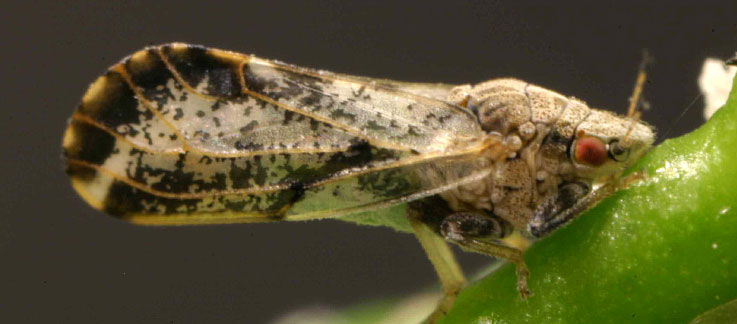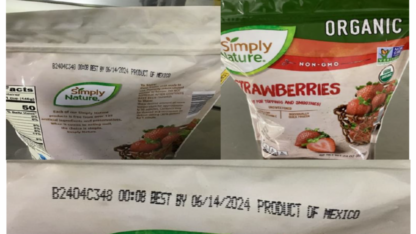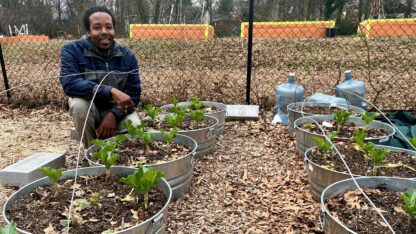USDA says public can help control invasive species

According to the U.S. Department of Agriculture, April is “Invasive Plant Pest and Disease Awareness Month”, and the department wants people to be on the lookout for damaging, invasive species known as “hungry pests.”
These destructive insects and plant diseases – such as the spotted lanternfly, citrus greening disease, and Asian longhorned beetle – cost the U.S. an estimated $40 billion each year in damages to trees, plants, and crops.
Kathryn Bronsky is national policy manager for the USDA, with a focus on monitoring and eradicating harmful invasive species. She says one to be aware of in Georgia is the Asian Citrus Psyllid, which can transport bacteria that causes a disease called citrus greening.
“It actually injects a disease called citrus greening.” said Bronsky. “It makes the fruit of these citrus trees green and misshapen, lopsided, kind of bitter and hard, really unsuitable for eating and you can’t sell them or even make juice from them.”
She said nonnative pests can hitchhike in untreated firewood, attach themselves to cars, boats, and other outdoor surfaces.
They can also travel to new areas on agricultural material such as soil, seeds, homegrown produce, and plants.
Bronsky joined WABE’s All Things Considered to talk about what species can be found in Georgia, and what residents can do to cut down on the risk.








